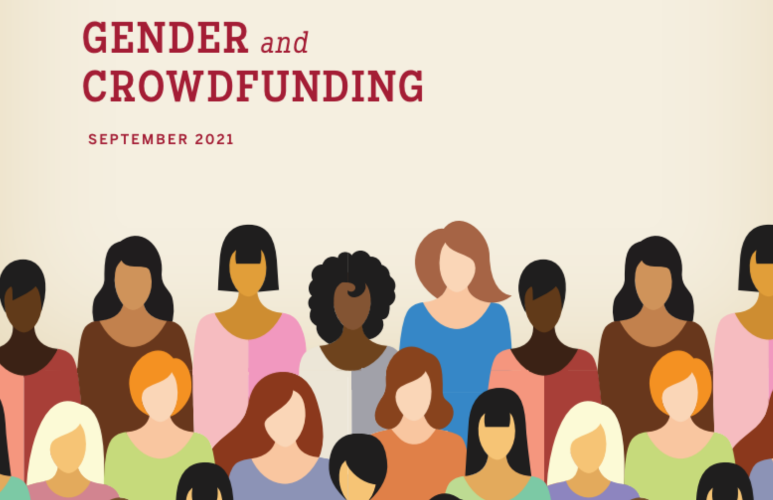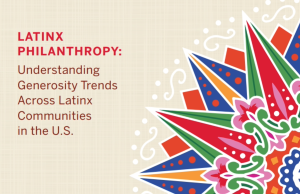Nearly 1 in 3 women (31.1%) give to a crowdfunding campaign in a typical year, and 40.8% have given to a crowdfunding campaign at some point in the past. Of these donors, nearly one-third (31.3%) plan to increase their contributions to these campaigns in the near future, while the vast majority (94.6%) plan to maintain or increase their contributions — giving reason for optimism about women’s giving to crowdfunding campaigns.
That’s part of the data from a new study from the Women’s Philanthropy Institute titled Gender and Crowdfunding. It examines overall gender differences in how women and men give to crowdfunding campaigns. It was funded by a grant from the Bill & Melinda Gates Foundation.
“Gender and Crowdfunding paints a picture of what the modern crowdfunding donor looks like. This report reinforces that women are generous and that they use many tools to be generous, whether that is crowdfunding, volunteering, or traditional charitable giving,” said Jeannie Sager, director of the Women’s Philanthropy Institute.
Women crowdfunding donors tend to be younger, have higher levels of education, and are more concentrated in the Western U.S., compared to women who do not give to crowdfunding campaigns, according to data from the study. They are willing to share about causes and projects on social media but are reluctant to directly ask the people in their networks to give. Women also said that crowdfunding can highlight and help donors connect to projects, but they express concerns about transparency and accountability.
“Overall, there is an incredible opportunity to grow this giving from women generally and from women with diverse backgrounds — and young women in particular. To fully realize this potential, fundraisers and social platforms alike must learn to better engage these donors, especially through building trust, knowledge and community,” said Una Osili, Ph.D., associate dean for research and international programs at the Lilly Family School of Philanthropy.
Additional key findings from Gender and Crowdfunding include: Women contribute the most to crowdfunding campaigns for family members or close friends and for charitable organizations; they are less likely to contribute to for-profit crowdfunding ventures; and, Women crowdfunding donors tend to cite traditional philanthropic motivations for making their contributions, such as believing a gift will make a difference or to remedy issues that have affected them or their loved ones; women are less influenced to give by celebrities or influencers.











